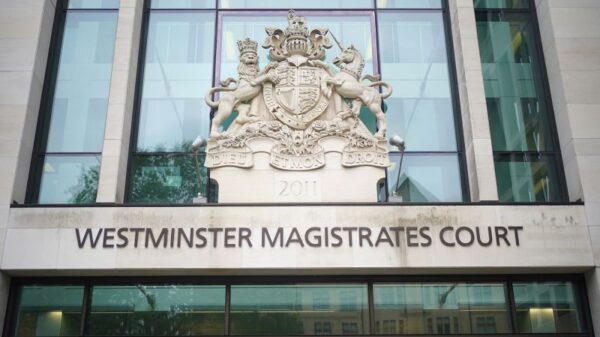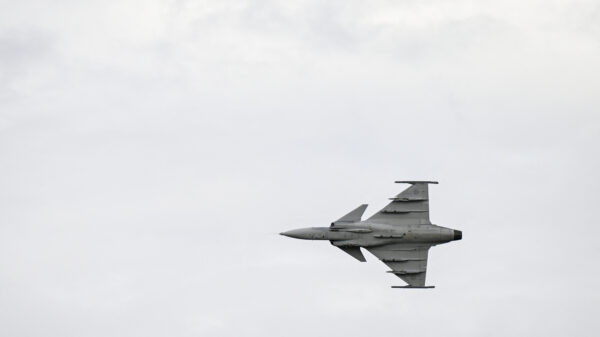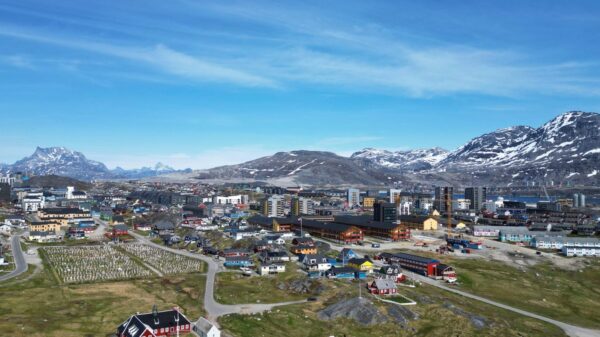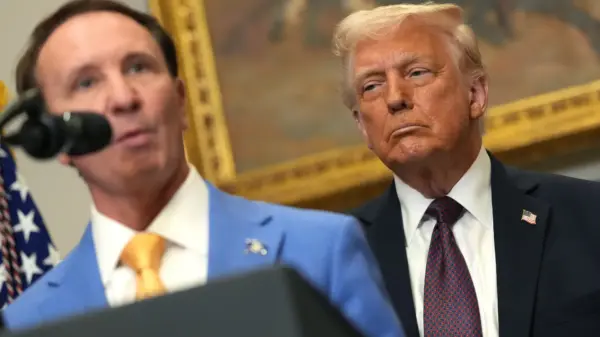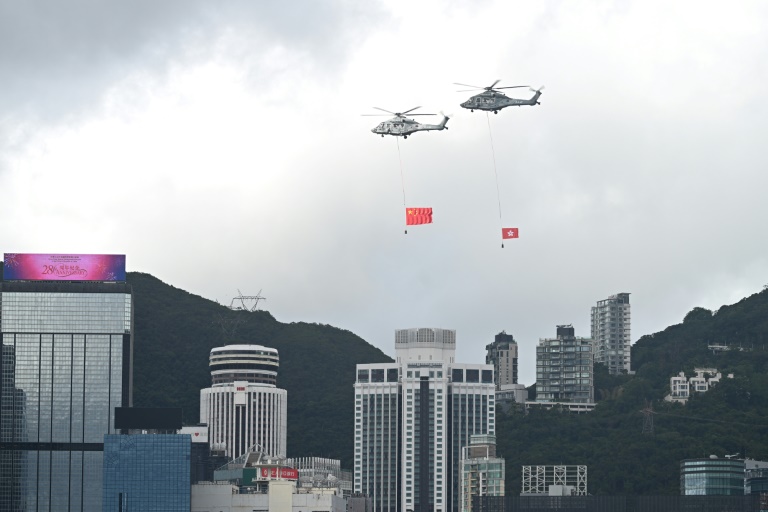As Hong Kong commemorates its 28th year under Chinese sovereignty, city leader John Lee declared on Tuesday that the region has become safer and more competitive. However, this assertion comes amid criticism from international bodies, including the European Union, which condemned the “repressive” nature of Hong Kong’s security laws.
The former British colony was transferred to China in 1997 under the “One Country, Two Systems” framework, promising key freedoms and a high degree of autonomy not available on the mainland. Historically, July 1 has been a day of protest in Hong Kong, but recent years have seen a clampdown on dissent following the massive pro-democracy protests of 2019.
Security Laws and International Criticism
John Lee emphasized the importance of “high-level security to safeguard high-quality development,” aligning with China’s broader economic strategies. The city also marked the fifth anniversary of Beijing’s national security law, under which 76 individuals have been convicted since its enactment post-2019 protests. In 2024, Lee’s administration introduced a separate security law, which authorities argue is essential for maintaining order.
Despite these assurances, the European Union criticized the laws, stating,
“The repressive use of the National Security Law has undermined confidence in the rule of law and Hong Kong’s international reputation.”
The EU further expressed regret over the introduction of additional national security legislation that introduced new offenses, increased penalties, and expanded the powers of security authorities.
Political and Social Repercussions
The political landscape in Hong Kong continues to shift, with the League of Social Democrats, one of the last remaining opposition parties, disbanding due to “immense political pressure” and safety concerns for its members. This follows the Democratic Party’s decision to wind down earlier this year. Outgoing US consul general in Hong Kong, Gregory May, also criticized the government for using security laws to target overseas activists.
Authorities maintain that Hong Kong residents still enjoy the rights and freedoms guaranteed under its Basic Law constitution, albeit with certain limitations. However, the international community remains skeptical, questioning the true extent of these freedoms.
Development Plans and Future Challenges
In addition to security concerns, Lee announced plans to expedite the development of the Northern Metropolis, a significant urbanization project near Hong Kong’s border with China. This initiative, which will occupy a third of Hong Kong’s total area, aims to integrate the city further into China’s economic framework.
The Northern Metropolis project has sparked debate over its potential environmental impact and the long-term financial burden it may impose on Hong Kong’s public finances. Critics argue that while economic integration may bring growth, it could also lead to increased dependency on mainland China.
Historical Context and Expert Opinions
Hong Kong’s current situation can be seen as a continuation of historical tensions between maintaining autonomy and aligning with mainland policies. Experts suggest that the “One Country, Two Systems” model is under strain, with recent developments potentially reshaping the city’s identity.
According to Dr. Emily Chan, a political analyst,
“The security laws and urban development plans are indicative of a broader strategy to align Hong Kong more closely with Beijing’s vision. This raises questions about the future of Hong Kong’s unique cultural and political identity.”
Looking Ahead
As Hong Kong navigates these complex challenges, the international community will be watching closely. The city’s ability to balance security, autonomy, and economic development will be crucial in determining its future trajectory.
For now, the path forward remains uncertain, with ongoing debates about the implications of increased security measures and development projects. The coming years will likely reveal whether Hong Kong can maintain its distinctiveness while integrating more deeply with mainland China.






